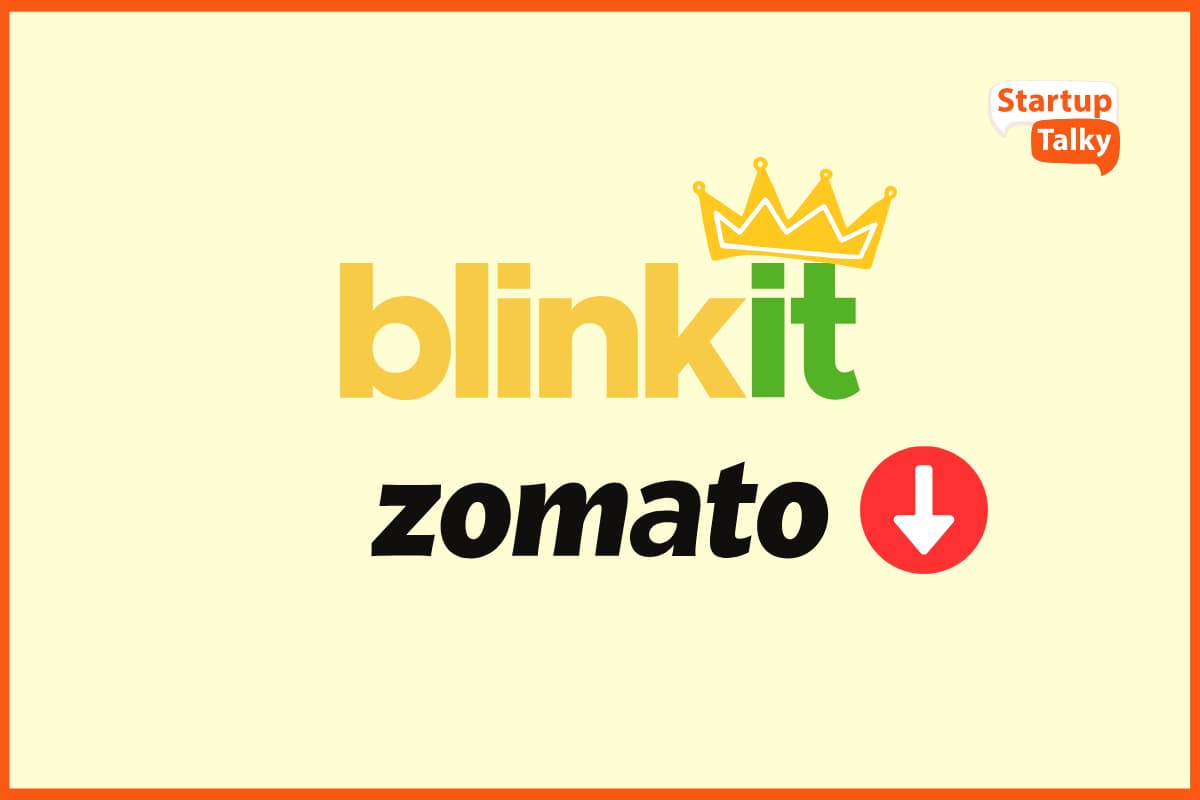Innoviti, a provider of digital payment solutions, appears to have postponed its initial public offering (IPO) and is now aiming to list on stock exchanges within the next 12 months. Rajeev Agrawal, the company’s founder and CEO, stated in a statement that Innoviti aims to achieve operating profitability within the next two quarters. According to him, the company has started the IPO planning process with the goal of listing within the next 12 months and plans to achieve operating profitability within the next two quarters. Notably, Innoviti stated in August of last year that it intended to launch on the market within the following 12 months.
In the meantime, the business has granted 110 employees additional ESOPs totalling INR 25 Cr in the lead-up to the IPO. As a result, Innoviti currently has INR 106 Cr in the entire ESOP pool. The new grants range from INR 3 Cr to INR 1 Lakh, according to the company’s announcement. Additionally, according to Innoviti, 50% of the new ESOPs have been awarded to specific employees for their “outstanding contributions,” with the other 50% going to individuals who have worked for the company for more than a year. According to Agrawal, throughout the “last few quarters,” the financial SaaS company had a 58% decrease in EBITDA loss and a 67% increase in sales.
Company’s Operations and Financial Outlook
According to the company, it is now making less than INR 8 Cr in annualised EBITDA loss and operating at an annualised run rate (ARR) of INR 160 Cr. Additionally, Innoviti reported that last year saw an annualised growth rate of 192% for their sales negotiating software, “Innoviti Genie,” which is targeted at electronics shops. The business also announced that their enterprise payments software, “Innoviti Unipay,” had a 28% EBITDA and a 15% annualised growth over the previous year. The startup, which Agrawal founded in 2002, lets retailers take payments and incorporate real-time sales data into important business operations. It states that it processes more than 20,000 merchants and more than 2,000 Indian cities’ worth of purchases per year, totalling more than INR 80,000 Cr.
Funding Rounds
Innoviti obtained a Reserve Bank of India (RBI) internet payment aggregator (PA) license in March 2024 to run its PA, “Innoviti Link.” The business declared in August 2024 that its Series E investment round has closed at INR 70 Cr. Innoviti has attracted more than $100 million in capital so far, including support from Bessemer Venture Partners, FMO, and Catamaran Ventures, among others. During the fiscal year 2022–2023 (FY23), it reported operating revenue of INR 110.2 Cr and a loss of INR 86.56 Cr.







